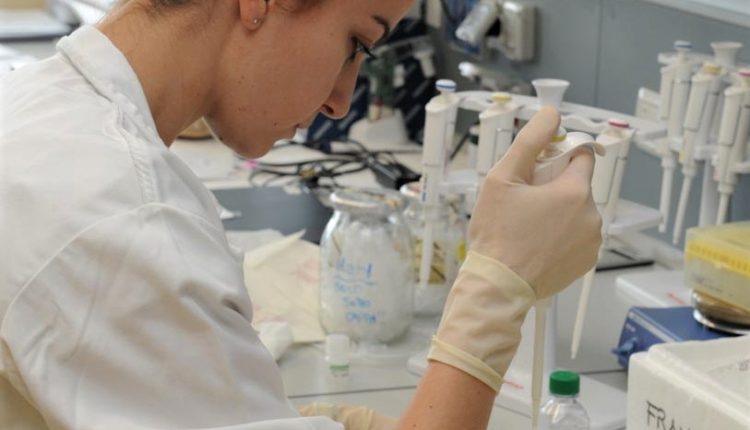
Italy, study with CNR: Eugenol antiviral potential against Covid-19
Eugenol is the protagonist of an interesting study on Covid-19: the vaccination campaign against the SARS-CoV-2 coronavirus is going on in Italy and worldwide, but it is necessary to protect the small fraction of the population that becomes symptomatically ill even after vaccination, together with the larger part of the population that cannot be immunised because it is fragile or for various reasons refuses to be vaccinated
The scientific community’s attention is therefore focused on finding additional molecules that can be used directly as antivirals against Covid-19, or from which new studies can be started.
Eugenol: ‘Compounds of natural origin are a possible starting point and often have certain advantages
“First and foremost, they have a simple molecular structure that can be easily modified, no patents, easy availability and low cost,” says Bruno Rizzuti, a researcher at CNR-Nanotec in Rende and first author of the paper.
The work ‘Sub-micromolar inhibition of SARS-CoV-2 3CLpro by natural compounds’, published in the journal Pharmaceuticals, is part of this line of research.
The study was carried out in collaboration between the Institute of Nanotechnology of the National Research Council of Rende (CNR-Nanotec), the Department of Pharmacy and Health and Nutrition Sciences of the University of Calabria and the Spanish Institute of Biophysics and Complex Systems of the University of Zaragoza.
“Our research team had already conducted studies on quercetin as a molecule to be used against Covid-19.
The results of the new work showed that eugenol, a small natural molecule, is able to block the enzymatic activity of the 3CLpro protein, the main protease used by the SARS-CoV-2 virus for its replication,” Rizzuti continues.
“‘Eugenol, compared to quercetin, is active at about ten times lower concentration.
It is the most potent non-synthetic compound found so far against SARS-CoV-2, although more studies are needed to improve it.”
Eugenol is the main constituent of the essential oil of several aromatic plants, mainly cloves
“Eugenol is commonly used as a local disinfectant in dentistry, so it is conceivable that it could be used as an oral mucosal antiseptic against the coronavirus.
Like other molecules we are exposed to in nature, it has good tolerability in humans and we hope that its properties as an antiviral can be enhanced.
The fact that it is a plant extract is usually welcomed by the general public who, rightly or wrongly, tend to trust remedies of natural origin more easily,’ comments Filomena Conforti, associate professor at the University of Calabria, one of the co-authors of the paper.
DAILY PROTECTION? VISIT THE SUISSE RESSOURCES BOOTH AT EMERGENCY EXPO
Eugenol has inhibitory activity against other viruses
“This molecule appears to be particularly effective in blocking the main coronavirus protease 3CLpro.
We have also tested other phytocompounds from the same family, in particular estragole and anethole, found in basil, fennel and aniseed.
Although they are less active than eugenol, they too show promising inhibitory properties,’ concludes Fedora Grande, researcher at the University of Calabria.
“This gives us an indication of the potential modifications that could be made to the common chemical structure between these molecules to improve their antiviral activity.
Moreover, these molecules are so small that they can be considered as ‘chemical fragments’ that can be modified to optimise their properties.
Read Also:
Sanofi Pasteur Study Shows Efficacy Of Co-Administration Of Covid And Influenza Vaccines
WHO: ‘Pandemic Will Continue Unless Vaccines Are Distributed To Poor Countries’


